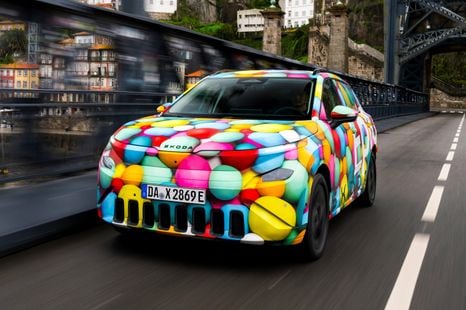

Dave Humphreys
2027 Skoda Epiq review: Quick drive
3 Hours Ago
The end of financial year is fast approaching, and there are plenty of reasons for business buyers to take the leap and buy that new car they've been looking for.

Contributor
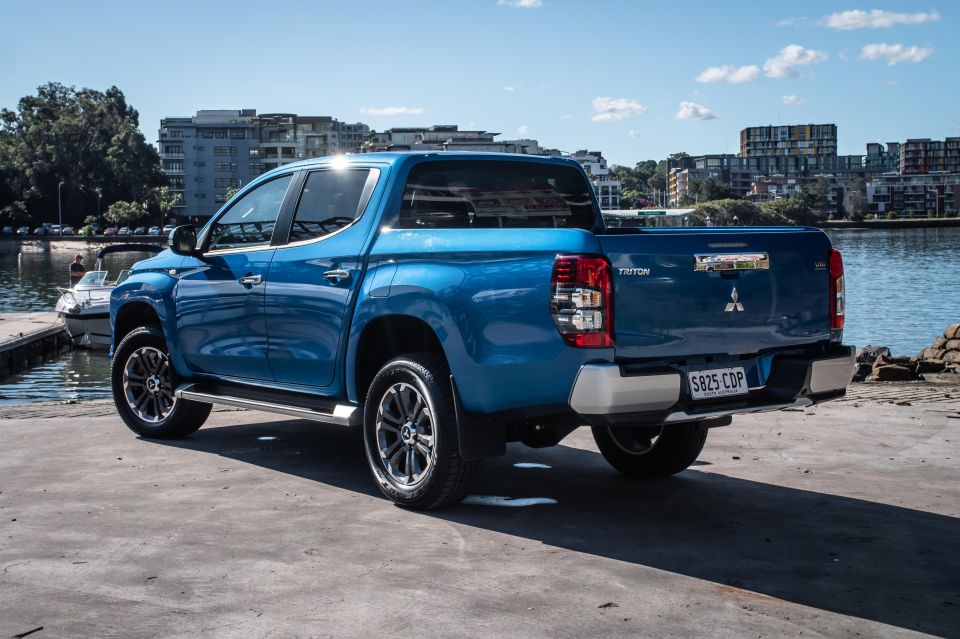

Contributor
The end of financial year is approaching fast.
The weeks leading up to June 30 are prime time for businesses looking to buy a new car, thanks to Instant Asset Tax Write-Off and its successor, Temporary Full Expensing.
Lockdowns designed to slow the spread of COVID-19 in 2020 wrought havoc on the Australian economy, and the Federal Government took unprecedented steps to encourage spending.
One of those steps was raising the eligibility cap for the Instant Asset Write-Off scheme from it previous cap of $30,000 to $59,136 for passenger cars, and $150,000 for commercial vehicles.
Business owners or sole traders can deduct the price of a new business-related vehicle from their taxable income in a single financial year, rather than having to depreciate the cost over five as was previously required.
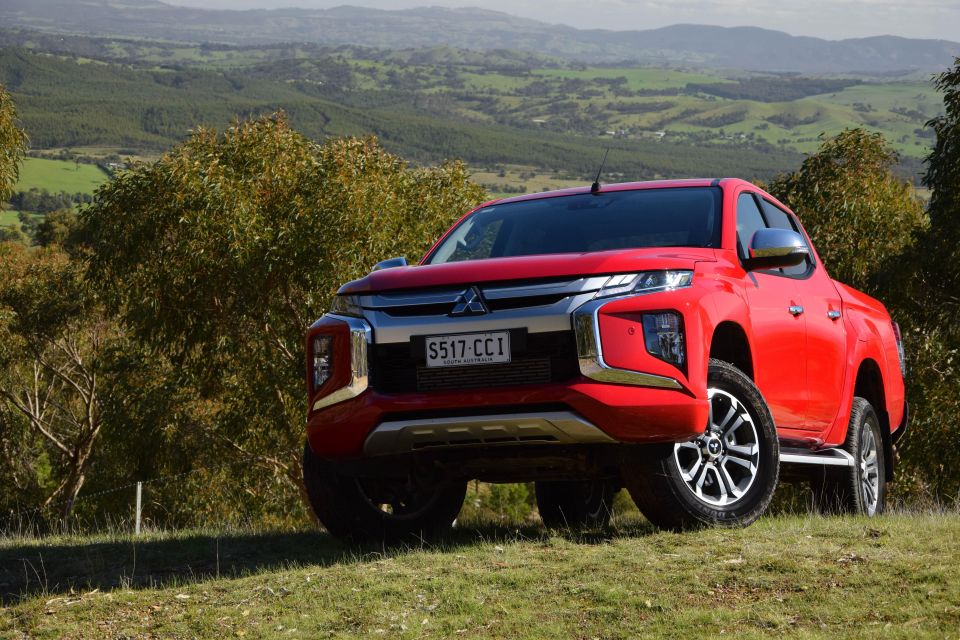
In some cases that will mean buyers pay less tax at their existing rate, in others a shiny new car will be enough to drop them into a lower tax bracket.
Businesses with annual turnover below $5 billion are currently eligible to claim as part of the Instant Asset Write Off scheme if they bought their car between March 12 and December 31, 2020, and start using it before June 30, 2021.
However, an expansion of the scheme announced as part of the Federal Budget will see that June 30, 2021 cutoff extended until 2023.
As of the end of 2020, the Instant Asset Write Off scheme has been superseded by the Temporary Full Expensing (TFE) scheme.
There are differences between the two programs, but the way they operate for business new car buyers is largely the same.
The most that can be claimed under TFE on a passenger car is $59,136 for vehicles bought between July 1, 2020 and June 30, 2021 inclusive.
The limit will lift to $60,733 on July 1, 2021.
The $150,000 price cap introduced with the Instant Asset Write-Off remains for commercial, or tool of the trade, vehicles.
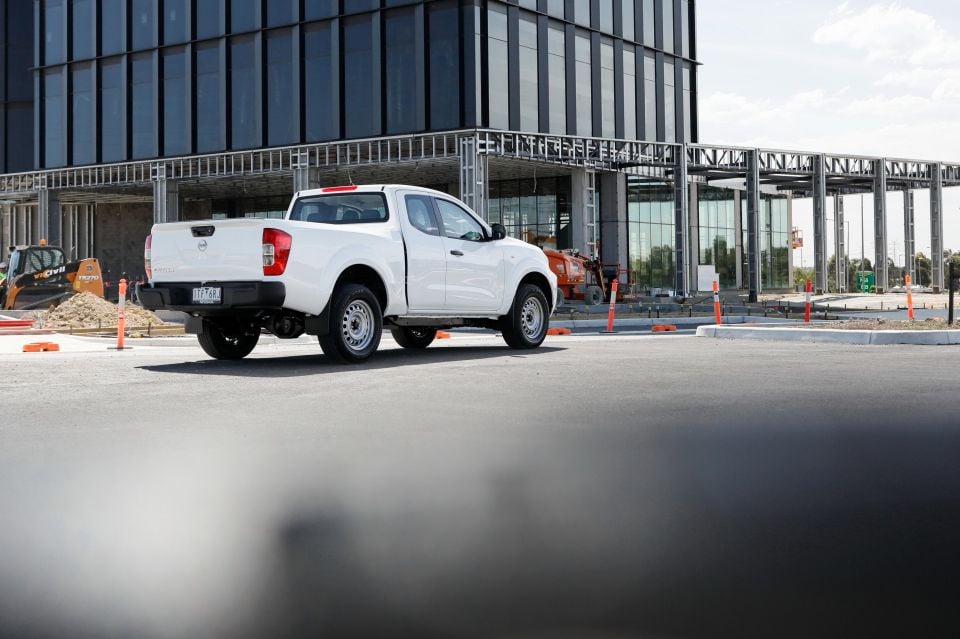
Looking like a truck doesn’t change your purchase from a passenger car into a commercial vehicle.
For the purposes of the Instant Asset Write-Off and Temporary Full Expensing, the Australian Tax Office (ATO) considers a commercial vehicle to be one capable of carrying more than nine passengers, or with a payload above 1000kg.
“A vehicle is considered a passenger vehicle if it is designed to carry less than 1000kg and fewer than nine passengers,” an Australia Tax Office spokesperson last year told CarExpert.
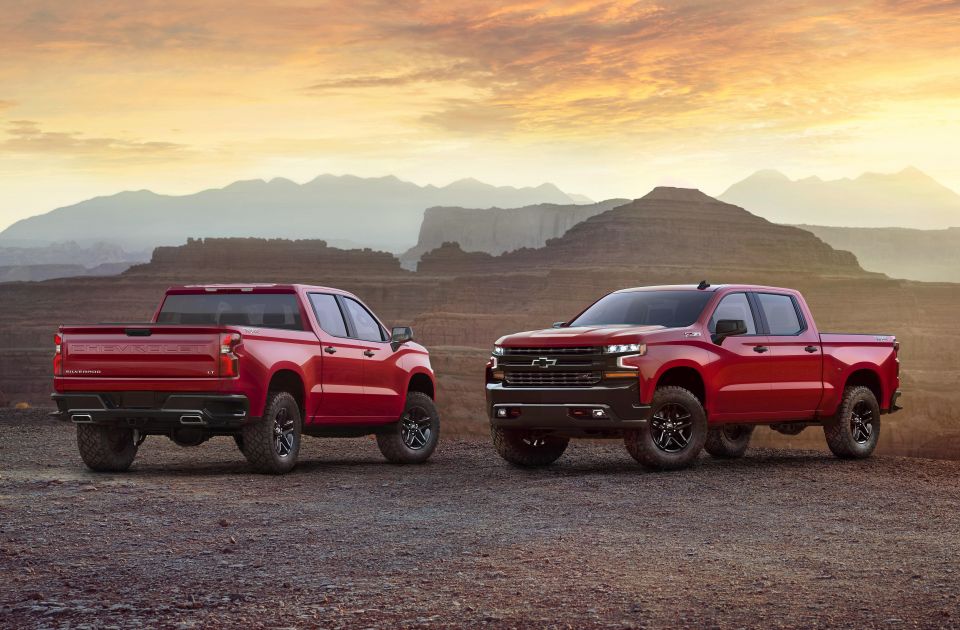
Businesses buying a car priced below $59,136 ($60,733 from July 1) – whether it’s a ute, van, truck, or passenger car – can claim the full purchase price under the scheme, depending on the percentage of their driving that is work-related.
However, those looking to buy a more expensive vehicle and claim its full value up to the extended $150,000 cap need to check whether its payload is above 1000kg, or whether it can carry more than nine passengers.
A list of vehicles priced above $60,733 with a payload above 1000kg is below:
Regardless of its body shape, ute or otherwise, a vehicle will be classified as a passenger car and subject to the lower price threshold if it doesn’t match the 1000kg or nine passenger criteria.
That means there are utes on the market in Australia priced above $59,136 ($60,733 from July 1) where buyers can’t claim the full value under the Temporary Full Expensing scheme because their payloads are below 1000kg.
On those vehicles, owners are able to claim up to the passenger car cap, but can’t claim the full value of their cars as part of the scheme.
A list of those utes and vans is below:
Finally, a list of the commercial vehicles on sale in Australia and their payloads is below:
You might notice a few double ups in our tables. They’re constructed using Glass’ data, which lists every transmission, engine, and configuration of these vehicles.
CarExpert has consulted with financial professionals for this story, but it does not constitute financial advice. Businesses should seek their own expert financial advice before buying a new vehicle.
Scott Collie is an automotive journalist based in Melbourne, Australia. Scott studied journalism at RMIT University and, after a lifelong obsession with everything automotive, started covering the car industry shortly afterwards. He has a passion for travel, and is an avid Melbourne Demons supporter.


Dave Humphreys
3 Hours Ago

Damion Smy
4 Hours Ago
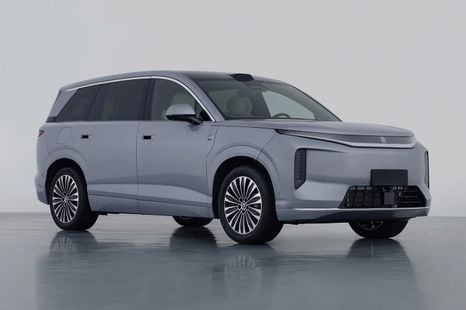

William Stopford
4 Hours Ago
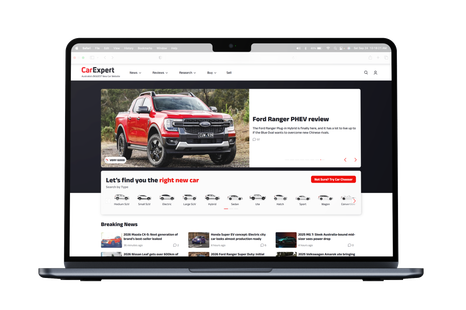

CarExpert
6 Hours Ago
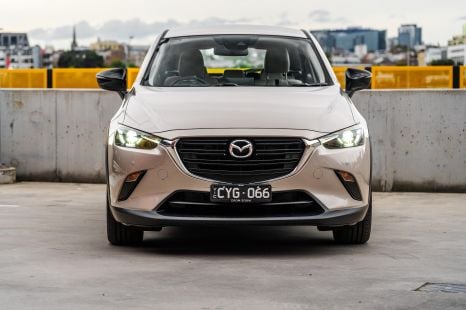

William Stopford
6 Hours Ago
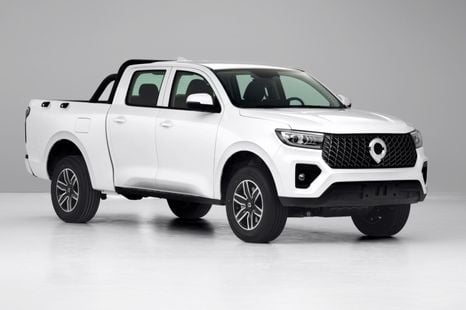

Damion Smy
7 Hours Ago
Add CarExpert as a Preferred Source on Google so your search results prioritise writing by actual experts, not AI.